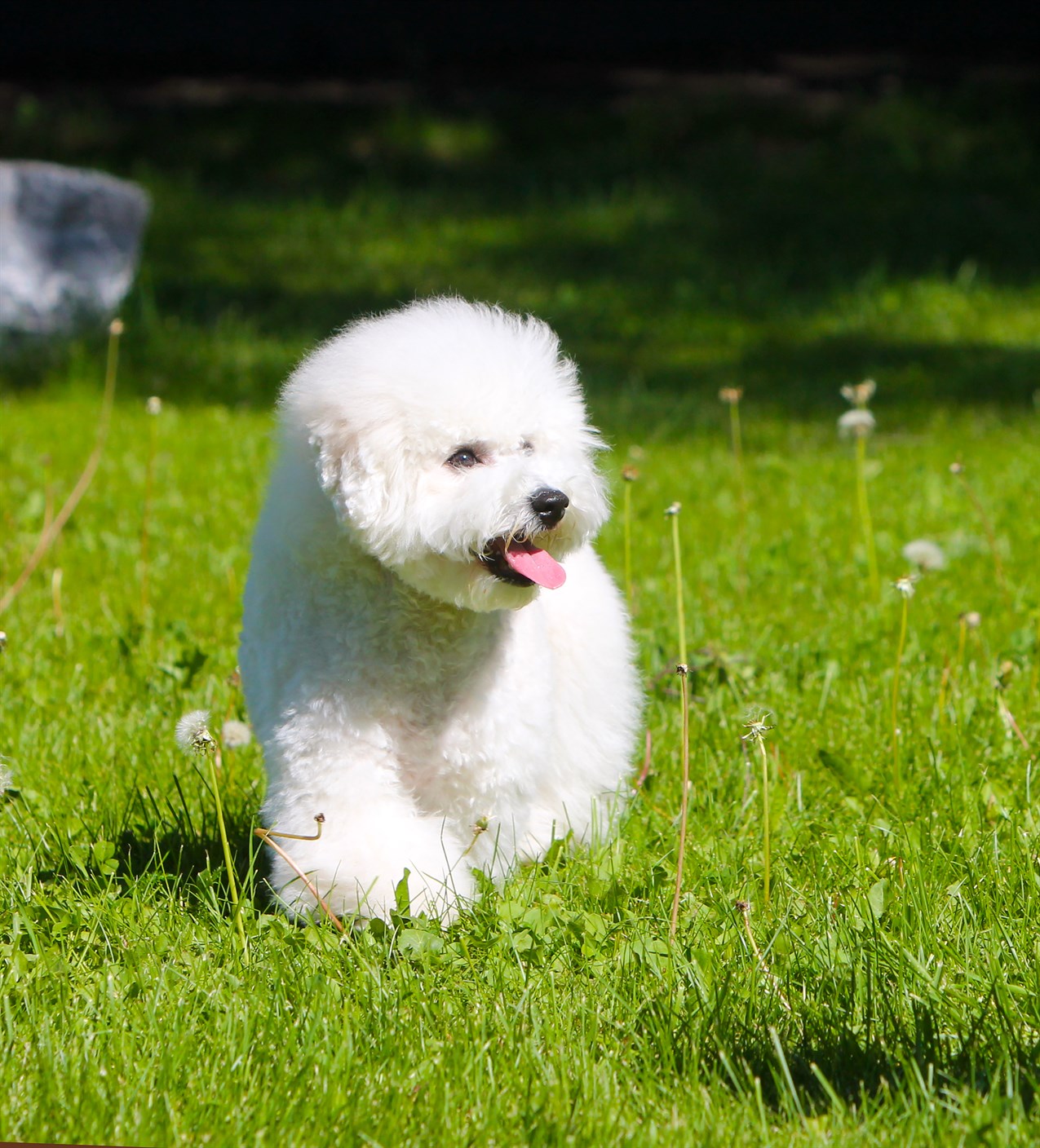The Trainability of Bichon Frise: A Willing Learner

Bichon Frises are known for their intelligence and affable nature, making them generally easy to train. These charming little dogs possess qualities that make them willing and cooperative learners, making training an enjoyable experience for both the dog and the owner. Here's a closer look at the trainability of the Bichon Frise and some common training considerations:
- Intelligence: Bichon Frises are smart dogs with an eagerness to please. Their intelligence allows them to quickly pick up on commands and tasks, making them receptive to various types of training.
- Social Nature: Bichon Frises are naturally social and enjoy being around people. This friendly disposition often translates into a desire to work with their owners and make them happy, which can facilitate training.
- Playful Spirit: Their playful and lively nature can be harnessed during training sessions. Using games and positive reinforcement techniques can keep their attention and make training fun for them.
- Positive Reinforcement: Bichon Frises respond exceptionally well to positive reinforcement training methods. Reward-based training, which involves treats, praise, and affection, can motivate them to follow commands and exhibit desired behaviors.
- Early Socialisation: Early socialisation is crucial to ensure that your Bichon Frise is well-adjusted and comfortable around other dogs, people, and various situations. Early exposure to different environments and experiences can help prevent behavioural issues.
- Consistency: Consistency in commands, expectations, and routines is essential when training a Bichon Frise. They thrive on predictability and clear communication.
- Patience: While Bichon Frises are generally quick learners, they can also be a bit independent at times. Be patient and persistent in your training efforts, and avoid becoming frustrated if they don't grasp a concept immediately.
- Basic Obedience: Start with basic obedience commands like "sit," "stay," "come," and "down." Gradually progress to more advanced commands and tricks as your dog becomes more comfortable with training.
- Crate Training: Crate training can be a valuable tool for housebreaking and providing a secure space for your Bichon Frise when you can't supervise them. Ensure the crate is a positive and comfortable environment for your dog.
- Socialising with Other Dogs: While they are generally sociable, exposing your Bichon Frise to other dogs and teaching them proper social manners is essential. This can help prevent any aggressive or fearful behaviours.
- Continuous Mental Stimulation: Bichon Frises thrive on mental stimulation as well as physical exercise. Puzzle toys and interactive games can keep their minds engaged and prevent boredom-related behaviours.
Are Bichon Frises Hard to Train?
Bichon Frises are not typically considered hard to train. In fact, their intelligence, social nature, and eagerness to please often make them quite trainable. However, like all dogs, individual variations exist, and some Bichon Frises may be more stubborn or independent than others.
Success in training largely depends on the consistency and positivity of the training approach. Harsh methods or punishment-based training can be counterproductive and lead to resistance or fear-based behaviors. Using positive reinforcement and keeping training sessions engaging and enjoyable will likely yield the best results when training a Bichon Frise.
In conclusion, Bichon Frises are generally a breed that responds well to training. With patience, consistency, and positive reinforcement, you can help your Bichon Frise become a well-mannered and obedient companion, eager to learn and please.
Bichon Frise puppies for sale
- Find Bichon Frise puppies for sale in ACT
- Find Bichon Frise puppies for sale in NSW
- Find Bichon Frise puppies for sale in NT
- Find Bichon Frise puppies for sale in QLD
- Find Bichon Frise puppies for sale in SA
- Find Bichon Frise puppies for sale in TAS
- Find Bichon Frise puppies for sale in VIC
- Find Bichon Frise puppies for sale in WA